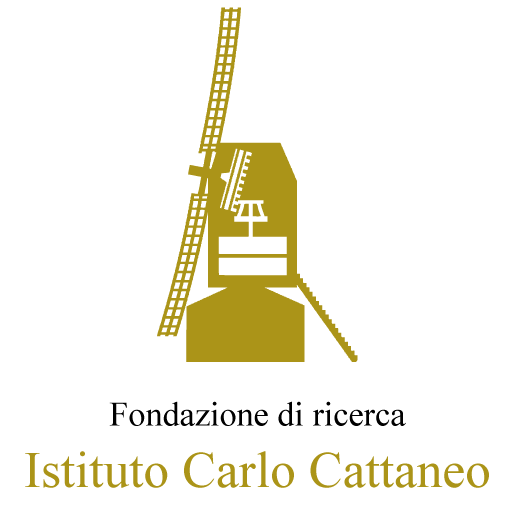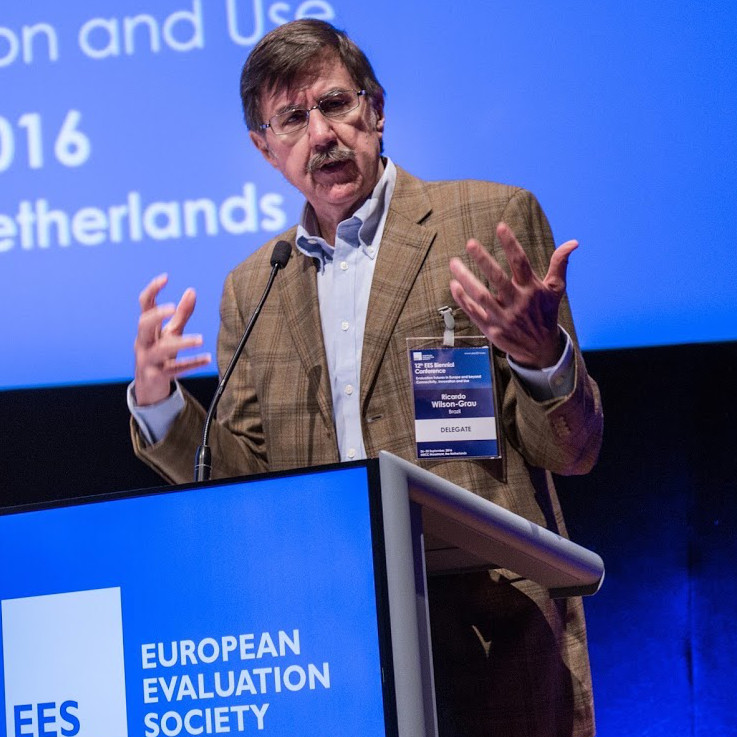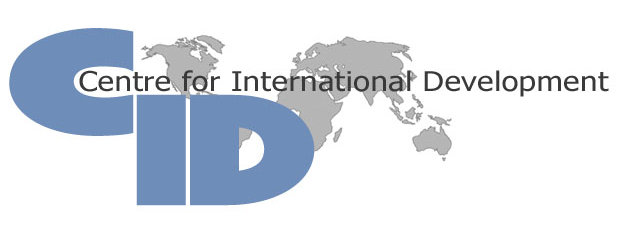
Outcome Harvesting
for Complex Development Programmes
Outcome Harvesting is a utilisation-focused, highly participatory evaluation tool that enables evaluators, grant makers, and managers to identify, formulate, verify, and make sense of outcomes they have influenced when at the time of planning the relationships of cause-effect were substantially unknown. As the UNDP says, Outcome Harvesting is “an evaluation approach that — unlike some other methods — does not measure progress towards predetermined outcomes, but rather collects evidence of what has been achieved, and works backward to determine whether and how the project or intervention contributed to the change”. [UNDP Discussion Paper, “Innovations in Monitoring & Evaluation”, August 2013] For further information, go to www.OutcomeHarvesting.Net, a website devoted to supporting the growing number of Outcome Harvesting practitioners around the world.
Expected Result: Participants will have sufficient knowledge and skill to be able to continue learning how to adapt the Outcome Harvesting approach to monitoring and evaluation to their specific needs following the workshop.
Target audience: Evaluators and commissioners of evaluations of development and social change with no previous experience with Outcome Harvesting.
Level of participants: Intermediate — Participants should have knowledge and experience of evaluation.
Methodology: The workshop embodies the hands-on, participatory values that are at the core of this utilization-focused evaluation approach, combining theory and examples with group discussion, individual reflection and small group practical exercises all revolving around a case study especially written for this CID workshop. Special attention is given to dealing with the uncertainty about the causal relationships linking inputs, activities and outputs with the outcomes of development interventions. The participants will apply all concepts embodied in the six steps in working groups. The ten underlying principles will be explained throughout the workshop with examples from one or more of the 50+ evaluative experiences for which the facilitator has been responsible. Thus, participants will build their practical capacities and leave the course with skills in adapting this tool to evaluate interventions for the purposes of both accountability and improving performance.
|
Program Dates |
June 18 – June 20 (three full days) |
|
Location |
Bologna, Italy |
|
Schedule |
Monday, Tuesday, Wednesday |
|
Application Deadlines |
Early Review Deadline (International applicants must apply by this date):
April 15, 2018 |
|
How to apply |
Download the application form at this
link |
|
Program Fees* |
650 Euros (early review) |
|
Scholarships |
Students from developing countries may qualify for a partial tuition waiver, depending on the number of course participants. |
*note that fees do not include travel, lodging, meals or visa and insurance
Program
|
Sessions |
Learning objectives |
|
MONDAY |
|
|
Introductions, agenda and process |
-- |
|
Outcome Harvesting’s niche: complex social change |
Appreciate the implications of complexity for monitoring and evaluation |
|
“Outcomes” in the Outcome Harvesting approach |
Distinguish a development outcome from outputs and impact. |
|
Lunch |
|
|
Outcome Harvesting: essential concepts |
Identify outcomes |
|
Step 1. Design Primary users, principal uses, useful harvesting questions, information required, sources, and resources |
Distinguish OH users and their uses from audience for the harvest Formulate useful harvesting questions |
|
Evaluative reflection on first day |
|
|
TUESDAY |
|
|
Step 2. Review documentation and draft outcomes |
Identify and formulate a change in a societal actor and how an intervention contributed |
|
Lunch |
|
|
Step 3. Engage with informants |
Craft verifiable outcomes |
|
Step 4. Substantiate |
Apply criteria for selecting outcomes and substantiators |
|
Evaluative reflection on second day |
|
|
WEDNESDAY |
|
|
Step 5. Analyse and interpret outcomes |
Organise the findings to provide evidence-based answers to the useful harvesting questions |
|
Lunch |
|
|
5. Analyse and interpret outcomes, continued |
Answer with evidence the useful harvesting questions(s) |
|
6. Support the use |
Assist primary users in using the process and findings |
|
Evaluation |
Contribute to critical reflection on the achievements of the workshop |
Staff and Instructors
Our instructors are diverse and moving practitioners with a combined 100+ years of professional experience.

Pier Giorgio Ardeni
The Director of the Summer Programme is Pier Giorgio Ardeni. Pier Giorgio is a full professor of Political Economy and Development Economics and teaches Development Economics (undergraduate courses) and International Development Economics (graduate courses). Pier Giorgio Ardeni has extensive experience with monitoring and evaluation, poverty assessments and poverty statistics in various countries, as well as with nation-wide household surveys. He has more than 20 years of experience as advisor/consultant in developing and transition countries in statistical development and capacity building projects, household surveys, PRSPs and MDG indicator monitoring and evaluation, policy advice. He has been an advisor for OXFAM, the World Bank, the Department for International Development (DFID)of the UK Government, the Swedish International Development Agency (Sida), the International Development Cooperation of the Italian Ministry of Foreign Affairs, and for several development assistance programmes funded by the European Commission in several countries like: Afghanistan, Armenia, Bosnia and Herzegovina, Cambodia, Cyprus, Ethiopia, Kazakhstan, Mali, Mexico, Mozambique, Serbia, Sierra Leone, Turkey, Ukraine, Uzbekistan, Yemen. Currently, he is the President of the Foundation Research Institute "Carlo Cattaneo" based in Bologna.

Ricardo Wilson-Grau
Ricardo, evaluator, organizational development consultant and president of Ricardo Wilson-Grau Consultoria em Gestão Empresarial Ltda will deliver the workshop. Since 2004, working with colleagues Ricardo developed the Outcome Harvesting tool through evaluations generating thousands of outcomes achieved in 143 countries by over 500 networks and associations, NGOs, community-based organisations, research institutes and government agencies. In 2013, the UNDP selected Outcome Harvesting as one of eleven promising innovations in monitoring and evaluation practice. Ten World Bank Institute teams piloted a customised version of Outcome Harvesting and the World Bank published a booklet of the cases and now lists the tool amongst its resources for monitoring and evaluation. USAID highlights Outcome Harvesting as one of five approaches especially well-suited for evaluation practitioners operating in dynamic, uncertain situations who need tools to evaluate the change and results they are achieving through interventions where relations of cause and effect are not fully understood. Outcome Harvesting is featured as a chapter in Developmental Evaluation Exemplars (Guilford 2015) and in Principles-Focused Evaluation (Guilford, 2017), both by Michael Quinn Patton. His book Outcome Harvesting: Principles in Practice will be published by IAP in the boreal autumn 2018.

Andrea B. Wolfe
Andrea Wolfe is a Senior Associate of the Center for International Development of the Rockefeller College of Public Affairs and Policy. She has more twenty-five years of experience in designing and implementing international governance projects, as a project director, advisor, M&E specialist and evaluator. She has worked overseas as team leader (Chief of Party, Mozambique), technical advisor for large projects to support devolution and local governance (DFID and USAID Kenya), and has been technical lead on parliamentary development and civil society strengthening projects in Kenya, Morocco, Mozambique, Bosnia and Herzegovina (EU, DFID, USAID, and OSCE) and for Elections (Mozambique, Carter Center). Her consulting assignments include M&E team leader and institutional assessment team leader for projects in Bolivia, Bosnia and Herzegovina, Brazil, Cote d’Ivoire, Guinea, Guinea Bissau, Haiti, Malawi, Mozambique, Nepal, Kenya and Vietnam. Andrea has been collaborating with the University of Bologna and the CID-SUNY to design and deliver the International Summer School on Monitoring and Evaluation since 2006.
Institutional Partners
This is the 13th annual season of the Monitoring and Evaluation Professional Summer Training Programme for Development Experts and Practitioners. Over the years, the programme has been jointly promoted by the Centre for International Development (CID Bologna), the University of Bologna Department of Economic Sciences (DSE-Unibo), the Cattaneo Institute Research Foundation and the Center for International Development at the State University of New York (CID-SUNY).
Location – Bologna, Italy
Bologna is a medieval university town in northern Italy. Bologna is a city of contrasts. It is the home of Europe’s oldest university, established in 1088, yet the city maintains a youthful spirit, rife with students, concerts, political activism and chic to simple bars. It is legendary for its traditional cuisine, but is home to some of Italy’s most innovative and trendy restaurants. It is also less touristy than more famous Italian cities (like nearby Venice or Florence), which lends itself to a more authentic experience.



